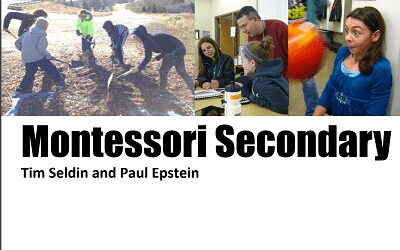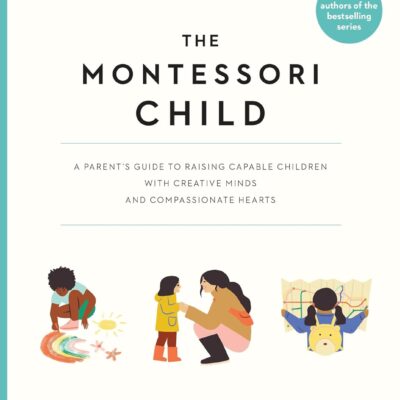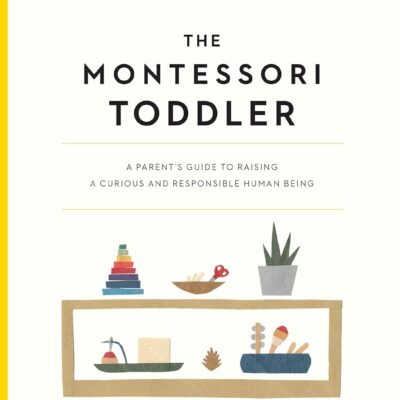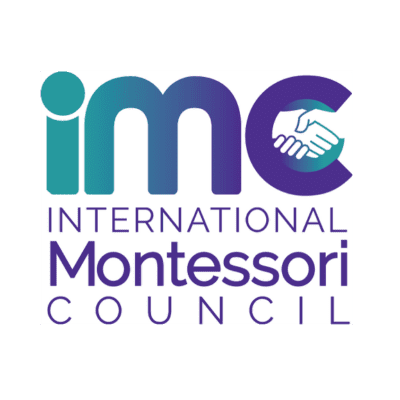Reflections on the Events of January 6
The invasion of our Capitol on January 6th was a watershed moment in the history of the United States. It will sit among the darkest moments in our nation’s history and will continue to haunt us as we try to understand what led to this disturbing event. We hope it will also spur us onward to become a better version of ourselves.
During that day, I happened to be with a group of my elementary students from Oneness-Family Montessori School. We were in the woods alongside a creek, and the students were cheerfully building a shelter out of fallen limbs and branches. They were blithely unaware of the shocking events happening just a few miles to the south. I, too, was in their cocoon of contentment, though increasingly distracted by the news and images coming through my phone.
January 6th brought a new and unique horror, because it was not some small band of anti-government resisters camped out at a remote wilderness compound. It was a desecration of the citadel of our ideals that struck at the heart of the United States. A sacred threshold was breached. The temple of our democracy was ransacked. The events we citizens watched were gut wrenching; the images we saw an affront to our love of our country. We recoiled because we could feel something terrible attacking the soul of America. It was clear that on this day the “better angels of our nature” had been overrun by the darkest forces in American society.
As Americans, we have faced many trials and tribulations in our 245 years, as we’ve soldiered on, however slowly and irresolutely at times, toward a more perfect union. The tapestry that is America has been stretched to the brink at times, as during the Civil War and the two World Wars. It has been torn and burned, when we’ve fought over our national identity during Reconstruction and the Civil Rights Movement. Our country has stayed intact due to the resilience of the threads that hold this tapestry together; these include the belief in the rule of law, the veneration of reason as superior to blind passion, and the commitment to the peaceful transfer of power.
We cherish these threads of our national fabric in a sacred—a trust not just in the vision and ideals of our founders, but in each other as citizens. That trust is based upon a shared and commonly accepted understanding of our constitutional republic, that no matter how vehemently we may disagree on policy and legislation, we respect the votes of our elected officials, and we honor the will of the people. Inherent in this understanding that we embrace as citizens is the knowledge that, while we each have individual rights and freedoms, we also share a commitment to, and must play an active role in, maintaining the well-being of our country as a whole.
This sacred trust is the essential knot that keeps the American form of government functioning smoothly. Yet throughout our history this sacred trust has been strained by the tension between two core principles of our national identity—that of individual liberty on the one hand and general welfare on the other.
The notion of individual liberty is perhaps most notably enshrined in the second paragraph of the Declaration of Independence:
We hold these truths to be self-evident, that all men are created equal, that they are endowed by their Creator with certain unalienable Rights, that among these are Life, Liberty and the pursuit of Happiness. That to secure these rights, Governments are instituted among Men, deriving their just powers from the consent of the governed…
This was the radical idea, the bold proposition that made America unique in the history of modern human civilization. The United States was the first to break away from the tyrannical empires of Europe; the regimes that ruled for centuries through blood lineage, military might, and the suppression of individual freedoms. Inspired by thinkers of the Enlightenment such as Hobbes, Locke, Rousseau, Montesquieu, and Voltaire, America’s founders fashioned a new vision that placed the rights of the individual citizen at the center of the body politic. There would be three branches of government, but the engine that drove it all was the freedom of the individual to speak their truth and to cast their vote.Meanwhile the concept of the general welfare, or of the common good, is embedded as a core principle in the preamble of the Constitution: We the People of the United States, in Order to form a more perfect Union, establish Justice, insure domestic Tranquility, provide for the common defense, promote the general Welfare, and secure the Blessings of Liberty to ourselves and our Posterity, do ordain and establish this Constitution for the United States of America.
One of the things that has defined the “American experiment” is the idea that government should not just be the voice of the people and the upholder of laws, but that it should strive to ensure the well-being of its citizenry. This trait of the American idea has origins as far back as Aristotle, who used the idea of “common interest” as the basis for the distinction between good and bad governance. Saint Thomas Aquinas held the “common good” to be the goal of law and government. Thinkers such as David Hume, who used terms such as the “public” or “common interest,” paved the way for James Madison and Thomas Jefferson’s own thinking in those early days when our foundational ideals were drafted.
Fast forward to January 6, 2021: The tension between our right to individual liberty and the commitment to the common good boiled over in a paroxysm of violence from which we are still reeling. The rights we have to protest come with a solemn responsibility to do so peacefully. That is the compact we make to each other as citizens, for we know when that compact is broken, the very fabric of who we are is torn, and we can no longer ensure the well-being of our country.
Our freedom of speech is not unlimited. It is proscribed by the commitment to exercise our free speech in accordance with existing laws protecting the welfare of other citizens, as well as private and public property. To put it another way, if in the act of protesting, one attempts to destroy the buildings that exist to preserve one’s right to protest, then that protest is a grotesque miscarriage of the right to free speech itself. We have the right to speak out stridently against our government, but we don’t have the right to take up arms against it. Inherent in who we are as Americans is the faith that we can resolve our differences by honest debate and by casting our votes at the ballot box.
As Americans, we now face a somber time of reckoning as we ask ourselves how we got here. We reflect upon these new painful rips to that great tapestry that is our national soul, which has withstood furious and fierce onslaughts in times past. We face harsh challenges ahead.

The political divisions in our society are as great as they’ve been in our worst moments. The loss of faith in our electoral system, fueled by the epidemic of misinformation and fanned by the duplicitous words of demagogues, is a severe illness that will need an inoculation of truth via congressional action and educational initiatives. The rise of hatred spread by white supremacist groups will need to be confronted not just by the force of the law, but by the power of a country-wide counter force energized by empathy and unity. And the stories we embrace about who we are as a nation need to be examined in a new light as we seek to better understand the mistakes we’ve made along the way, so we don’t risk perpetuating or repeating them.
It will be a long road, but our forebears knew that it would be when they embarked on this American journey nearly two and a half centuries ago. From the writings of our founders, and through the actions of so many bold, heroic leaders since, we have learned (and re-learned) a few hard-fought, important truths: 1) Though we elect leaders to represent us, the power they hold is delegated by us, the citizens; 2) Though we rely on national, state, and local governments to uphold the laws, it is we as a collective citizenry that sustain the rule of law by acting lawfully; 3) Although the general welfare is the stated responsibility of our governing bodies, it is we who uphold the common good through our acts of service to the welfare of our fellow citizens; and 4) While the Constitution specifically charges the federal government with maintaining a free public education system, it is we who must value learning for our children and for ourselves.
On January 6, my elementary students were focused on working together to build their shelter. There was quiet unity as they worked in harmony under the trees and the singing birds. They were energized by their common purpose. They made enthusiastic suggestions about the design of their shelter, yet deferred when better ideas were expressed by others. In the end, they displayed a palpable sense of fulfillment in the collective work they had done together. The lessons they unwittingly taught me were simple: building things collaboratively is fulfilling and fun. Keeping a balance between your own wants and the needs of others is both wise and effective in reaching your goals. Solving differences peacefully is easier when you embrace a common purpose.
As I watched my students that day they filled me with hope, even as I knew that a tragedy was unfolding just down the street.
My students reminded me that we have within us an indomitable spirit, which has demonstrated time and again that we can overcome the obstacles facing us and transform challenges into opportunities, as we march ever onward toward a more perfect union.


Andrew Kutt is the Secretary of the board of the International Montessori Council. He is the founder of Oneness-Family School, which is located in Chevy Chase MD. In addition to being the founder of Oneness-Family School, Andrew has served the global Montessori community by training teachers, advising school leaders, and supporting schools to reach their goals. He has developed curriculum programs in areas such as personal reflection, happiness, gratitude, conflict resolution, and positive discipline. Andrew is also an accomplished author, poet, and songwriter. Oneness-Family School serves children 2 years old through 18 years old, and students come from over 60 countries, making it a truly international school. Oneness-Family School has been voted Best Montessori School in the Washington DC area for the past 5 years in a row.





